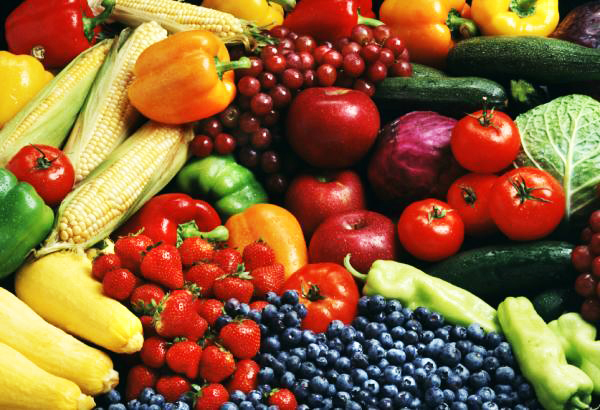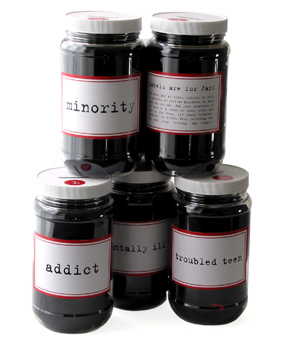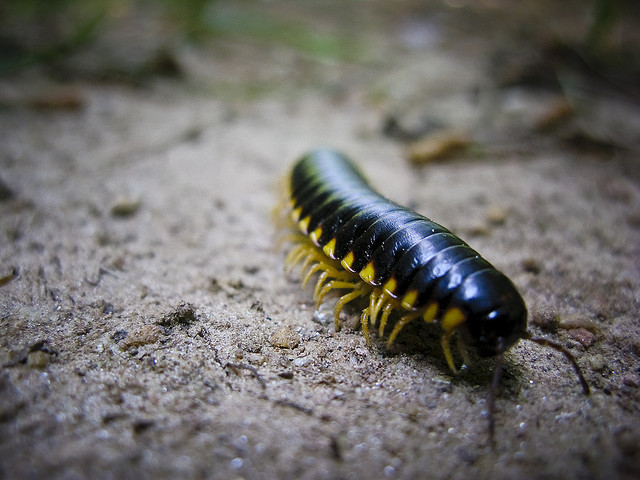 During the good weather my parents grow some vegetables and herbs in their backyard. The other day they gave me the first tomato of the season so I saved it for a salad a couple days later. There’s something special about eating a home grown vegetable. For some reason it tastes better (or at least the satisfaction of knowing that it was intentionally grown and cared for makes it taste better). And when I bite into a slice of home grown tomato I take extra care to appreciate the texture and taste. But what makes a tomato a tomato? What makes a vegetable any vegetable?
During the good weather my parents grow some vegetables and herbs in their backyard. The other day they gave me the first tomato of the season so I saved it for a salad a couple days later. There’s something special about eating a home grown vegetable. For some reason it tastes better (or at least the satisfaction of knowing that it was intentionally grown and cared for makes it taste better). And when I bite into a slice of home grown tomato I take extra care to appreciate the texture and taste. But what makes a tomato a tomato? What makes a vegetable any vegetable?
I’m amazed how many varieties of vegetables and fruits there are, all with wildly different shapes, and of all the colours of the rainbow. You’ve got the green of broccoli and okra, the deep purple of plums and eggplant, the red of radishes and cranberries, the yellow of bananas and lemons, the pinks, blues, and oranges… God has created such variety for us and umpteen sources of food. Yet we live amidst the processed foods we devour not just in fast food restaurants but also in our own homes—those packaged items with sugars and sodium and preservatives, even the fruits grown in pesticide-sprayed fields, the chickens grown to twice a normal chicken’s size, or cheese processed and pressed into “slices”. Despite that, it’s important to acknowledge the awesomeness that is the variety in the natural world of food.
 The other weekend I took a brief private retreat at a Benedictine monastery in Maine. The two sisters who live there have 68 acres of land. In addition to the main monastery building they have a guest house for retreatants and a garden where the sisters grow much of their own produce. The best part of the grounds is an enormous field of wild blueberries. I was sure to take a walk through it and every so often I bent down to pluck a few of the small berries to eat. We’re so used to buying food in the supermarket, already harvested and processed for us. Outside of apple picking season it’s quite foreign for many of us to pick our own fruit. But when I picked some blueberries and put them in my mouth and tasted their texture and sweetness I felt extremely grateful to God. I was grateful that out of the ground, just next to me, grew food that I could be nourished with. It’s amazing if you think about it. In fact, it reminds of this gospel passage:
The other weekend I took a brief private retreat at a Benedictine monastery in Maine. The two sisters who live there have 68 acres of land. In addition to the main monastery building they have a guest house for retreatants and a garden where the sisters grow much of their own produce. The best part of the grounds is an enormous field of wild blueberries. I was sure to take a walk through it and every so often I bent down to pluck a few of the small berries to eat. We’re so used to buying food in the supermarket, already harvested and processed for us. Outside of apple picking season it’s quite foreign for many of us to pick our own fruit. But when I picked some blueberries and put them in my mouth and tasted their texture and sweetness I felt extremely grateful to God. I was grateful that out of the ground, just next to me, grew food that I could be nourished with. It’s amazing if you think about it. In fact, it reminds of this gospel passage:
“Then Jesus said, ‘God’s kingdom is like seed thrown on a field by a man who then goes to bed and forgets about it. The seed sprouts and grows – he has no idea how it happens. The earth does it all without his help: first a green stem of grass, then a bud, then the ripened grain. When the grain is fully formed, he reaps – harvest time!'” (Mark 4:26-29, The Message)
Human beings have been good at using God’s gift of growth to create better and sustainable ways of producing crops. One of my favourite parts of my visits to Epcot is a trip to The Land pavilion which houses the Living with the Land attraction, a boat tour through the pavilion’s active greenhouses where scientists work on improving crop production and NASA engineers test growing techniques like hydroponics. Park guests get to see this in action as they move through different varieties of fruits and vegetables from all over the world as well as the Aquacell where fish are farmed. Some of the produce and fish grown there are used in Epcot restaurants.
Our God is a god of the land who provides for the inhabitants of the earth from the soil. Jesus used agricultural language with his friends to explain the Kingdom of God since that’s what they were so familiar with. He spoke of mustard seeds and soil. He and the disciples ate heads of grain when they were walking through the fields. He spoke about him being the vine and us being the branches, bearing fruit, sending labourers into the plentiful harvest. The natural world around us is sacramental because it makes God’s divinity present to us in the “material” universe. We can see the result of seed and soil and water. We can taste it and grow from it. The fruits of the earth literally fill us and become who we are.
God could be looked at as a farmer perhaps, but really we’re the ones who plant the seed and till the soil. God does the work behind the scenes and causes the miracle of growth to occur. So when that plant springs up and you’re able to pluck a fresh blueberry from its branches you’ve encountered a “thin” place, a place not far from the divine Creator.
>> Think about where your food comes from: Mindful Eating
Listen to an audio version of this post…
Music by Kevin MacLeod









The facts and strategies on this page is definitely invaluable. I have uncovered a large number of pointers.